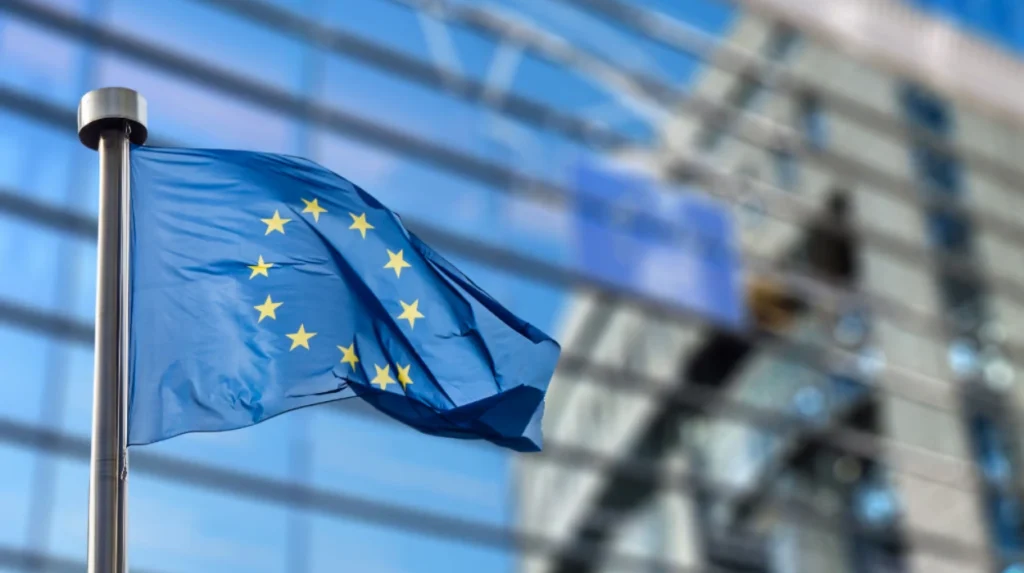The European Commission has released a comprehensive report assessing the state of the rule of law across the European Union, highlighting progress and ongoing challenges in member states. The report underscores the importance of judicial independence, media freedom, and anti-corruption measures as key pillars for upholding democratic values within the EU.
What Does the New European Commission Report Reveal About Rule of Law in the EU?
The European Commission’s latest report presents a detailed evaluation of rule of law developments across EU member countries, focusing on judicial independence, media freedom, and anti-corruption efforts. It identifies both positive trends and persistent issues that threaten democratic governance and the EU’s foundational values.
The report emphasises that while some member states have made significant strides in strengthening their legal frameworks and institutions, others continue to face serious challenges, including political interference in the judiciary, restrictions on media pluralism, and insufficient measures to combat corruption.
Why Is Judicial Independence Central to the Report?
Judicial independence remains a core concern in the Commission’s findings. The report highlights cases where governments have attempted to influence court decisions or undermine the autonomy of judicial bodies. Such actions, according to the Commission, jeopardise citizens’ trust in the legal system and the fair administration of justice.
As reported by the European Commission, safeguarding the impartiality of judges and prosecutors is essential to maintaining the rule of law and protecting fundamental rights across the EU.
How Does the Report Address Media Freedom?
The report also examines the state of media freedom, noting that in several member states, journalists face harassment, censorship, or economic pressures that limit their ability to operate freely. The Commission stresses that a pluralistic and independent media landscape is vital for holding power to account and ensuring transparency.
According to the report, media freedom is increasingly threatened by political interference and the concentration of media ownership, which can lead to biased reporting and reduced public access to diverse viewpoints.
What Are the Report’s Findings on Corruption?
Corruption remains a significant obstacle to good governance in parts of the EU. The Commission’s report points to ongoing vulnerabilities in public procurement, political financing, and law enforcement agencies. It calls for stronger anti-corruption frameworks and more effective enforcement to restore public confidence.
The report advocates for member states to implement robust preventive measures and ensure that corruption cases are thoroughly investigated and prosecuted.
What Recommendations Does the European Commission Make?
The European Commission recommends several actions to strengthen the rule of law, including:
- Enhancing the independence and accountability of judicial institutions
- Protecting media pluralism and ensuring journalists’ safety
- Implementing comprehensive anti-corruption strategies
- Promoting transparency in public administration and political processes
These recommendations aim to reinforce democratic standards and uphold the EU’s values of justice, equality, and respect for human rights.
How Has the EU Responded to Rule of Law Challenges in the Past?
The European Commission has previously taken steps to address rule of law concerns through mechanisms such as the Rule of Law Framework and the Article 7 procedure, which can lead to sanctions against member states violating EU principles. This new report builds on those efforts by providing updated analysis and tailored recommendations for each country.
What Is the Broader Significance of the Report?
This report arrives at a critical time when democratic institutions worldwide face increasing pressures from misinformation, political polarisation, and authoritarian tendencies. The European Commission’s assessment serves as a reminder of the ongoing need to vigilantly protect the rule of law as the foundation of democratic societies.
As noted in the 2025 Reuters Institute Digital News Report, public trust in traditional media and institutions is eroding, making independent journalism and transparent governance more crucial than ever.
What Does the Future Hold for Rule of Law in the EU?
The European Commission’s report underscores that while progress has been made, significant challenges remain in ensuring that all EU member states fully respect and uphold the rule of law. Continued vigilance, political will, and cooperation among member states are essential to safeguarding democratic values and the rights of EU citizens.
The Commission’s findings and recommendations provide a roadmap for strengthening legal and institutional frameworks, promoting transparency, and fostering a resilient democracy across Europe.







